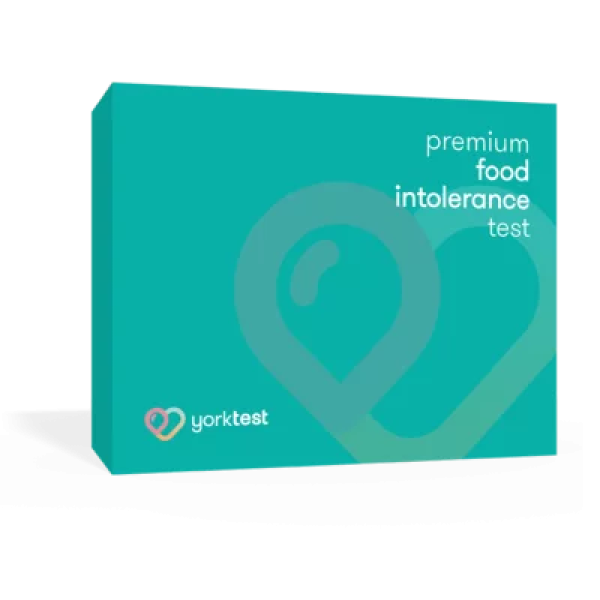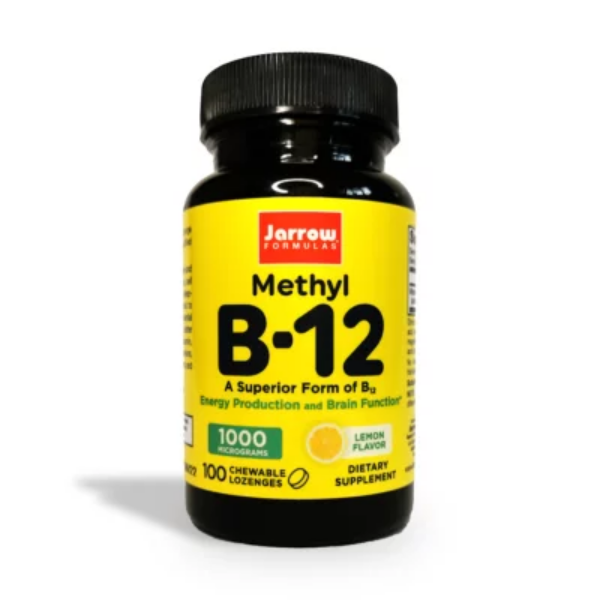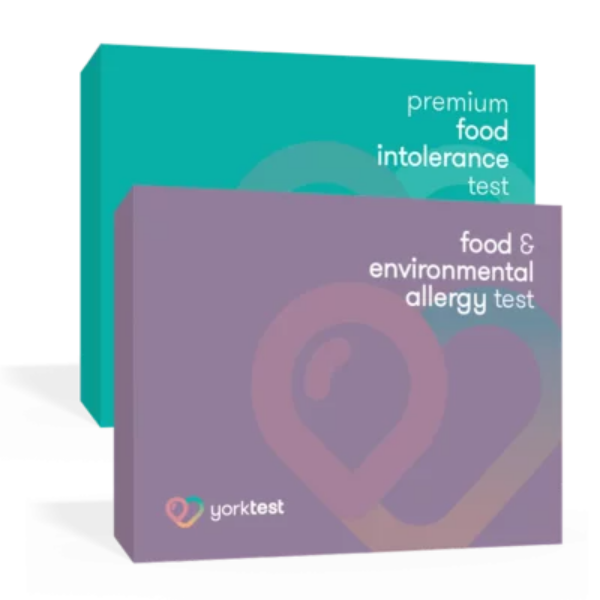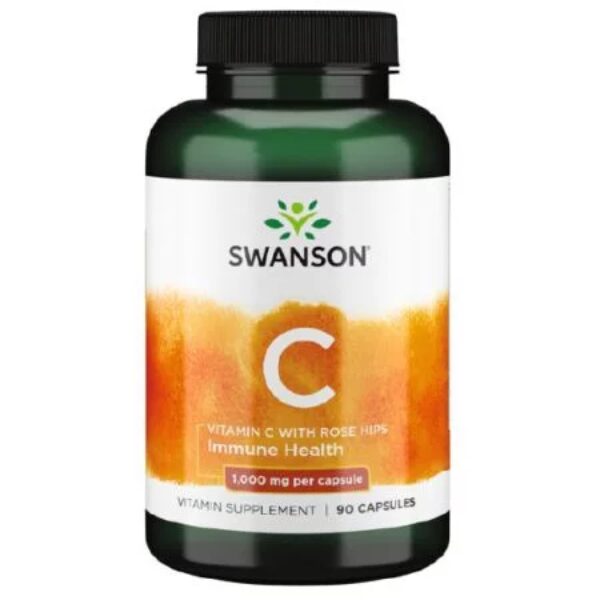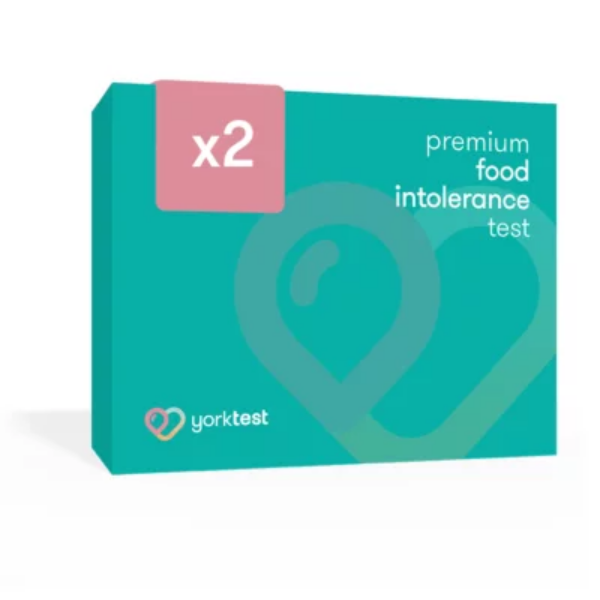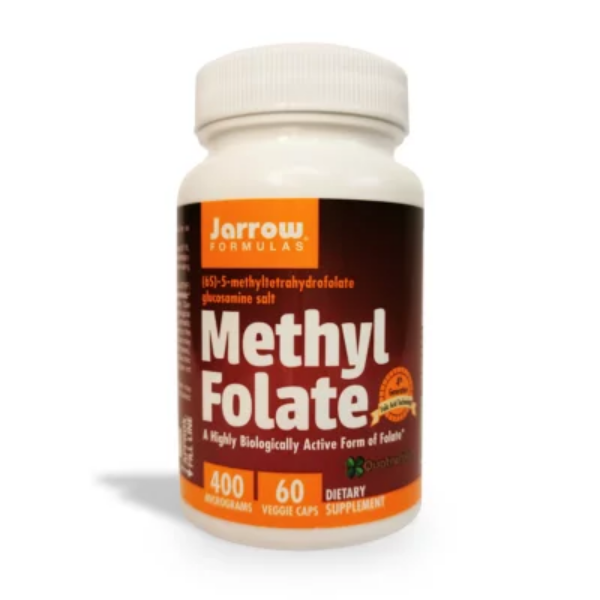Wheat Intolerance and allergy
If you have an intolerance to wheat, this means that your body could be producing an inflammatory response to wheat proteins present in your diet.
A wheat intolerance, otherwise known as a wheat sensitivity, should not be confused with either a gluten intolerance or being allergic to wheat. They are closely related but are not the same thing.

What Is The Difference Between A Wheat Intolerance And A Gluten Intolerance?
Gluten proteins are found within wheat. That means that those who are gluten intolerant are also wheat intolerant. However, it doesn’t work the other way around.
Gluten is found in other grain substitutes such as barley and rye, so those with a specific wheat intolerance who do not react to gluten proteins can still eat these foods without experiencing a reaction.
Supermarkets have continuously expanded their range of gluten and wheat-free produce in recent years to cater for those who are following a gluten-free diet or avoiding wheat.
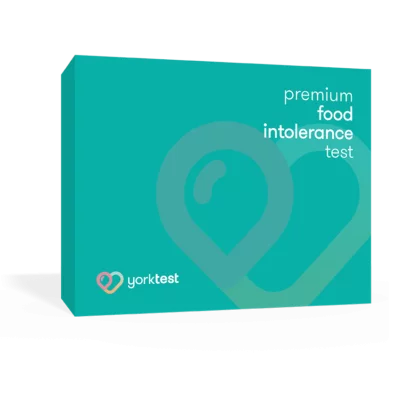
Premium Food Intolerance Test

0% interest for 4 months with PayPal Credit. Learn more
+ FREE Delivery on all orders
Easy to use home-to-laboratory test kit
Take our most comprehensive food and drink intolerance* test to find out whether you have an intolerance to 200 food and drink ingredients. Simply take a finger-prick blood sample and return by post for testing. Receive your results within 7 days! No social interaction required. Optimise your lifestyle with our support, knowing which foods you’re reacting to.- Discuss your results with a nutritional therapist. One 30-minute consultation included
- Measures all four subtypes of food-specific IgG
- Simple finger-prick blood test
- Receive expert, accurate analysis from our fully-accredited laboratory technicians
- Results listed in easy-to-read traffic light values: high, borderline, and normal reactivity
- Track your progress with a food and drinks diary
- Consistent with NHS guidance on food intolerance and the role of laboratory blood testing
- This test is not available to customers who are pregnant or breastfeeding
What Are The Symptoms Of Wheat Intolerance?
Wheat intolerance symptoms do not present themselves immediately, and are usually delayed for up to 72 hours. The signs of wheat intolerance may vary in severity and can affect a person both physically and mentally. The delay in seeing the effect of wheat intolerance symptoms can make it difficult to identify the cause within a wider diet consumed in that time period. Typical wheat intolerance symptoms include:
IBS
Stomach ache
Bloating
Headaches
Eczema
Acne
Itchiness
Rashes
Tiredness
Fatigue
Joint pain
Anxiety
Respiratory complaints
What’s The Difference Between Wheat Intolerance And Coeliac Disease?
Coeliac disease, classed as an autoimmune disease, is a lifelong intolerance in which the body’s immune system actively attacks its own tissues when gluten is consumed. According to Coeliac UK, the condition affects 1 in 100 people. It’s important to note that coeliac disease is neither a food allergy nor a food intolerance.
People suffering from a wheat intolerance have difficulty digesting wheat, which leads to unpleasant but non-life-threatening side effects.
If you feel that you might have coeliac disease, it’s important to discuss your concerns with your GP, who can take a simple blood test to check for antibodies which can indicate coeliac disease. Our Premium Food Intolerance Test includes a wheat intolerance test but YorkTest does not test for coeliac disease.
Wheat Intolerance Test
It is possible to outgrow a wheat intolerance by eliminating it from your diet and reintroducing it later in life. Our Premium Food Intolerance Test includes a conultation with a qualified Nutritional Therapist.
Step one – Take a Premium Food Intolerance Test with YorkTest, which includes a wheat intolerance test. As well as being a wheat intolerance test, we also test over 200 food and drink ingredients to indentify what you may be intolerant to. We’ve found that on average people show an intolerance* to between 2 and 8 food or drink ingredients. You should therefore be aware that wheat may be just one of your “trigger foods”.
Step two – With the help of a YorkTest nutritional therapist, carry out a 12-week elimination diet by cutting out your food intolerances* and substituting healthy alternatives into your diet.
Step three – If you wish to reintroduce your trigger food(s) back into your diet, we advise that this should be a gradual process in order to monitor how your body responds and to look out for a return of any wheat intolerance symptoms.
What Are The Common Wheat Allergy Symptoms?
The symptoms and signs of a wheat allergy are much more severe than those associated with wheat intolerance. In extreme cases, allergic reactions can even be life-threatening. The most common wheat allergy symptoms could include:
Difficulty breathing or wheezing
Skin problems
Sneezing
Runny nose
Watery eyes
Stomach pain
Nausea
Vomiting or diarrhoea
Anaphylaxis
How long does it take for a wheat allergy to show?
Unlike symptoms associated with an intolerance, the effects of a wheat allergy present themselves very quickly after consumption of the food. In some cases, severe reactions can occur just by touching wheat.
Is There A Wheat Allergy Test?
Do you suspect that you might be allergic to wheat? If so, you should see your doctor as soon as possible. They will most likely refer you to an allergy clinic, who can provide a wheat allergy test. At the clinic they may perform a skin-prick test or carry out a blood test to assess the level of IgE antibodies present when your sample is exposed to wheat.
Wheat Allergy Symptoms
The most common wheat allergy symptoms can include rashes, itching, swelling and hives. Symptoms of a wheat allergy are usually more severe and present immedeatily. Being allergic to wheat is relatively uncommon relative to incidences of wheat sensitivity. Wheat sensitvity symptoms are much less extreme than those of an allergic reaction, however they are still extremely unpleasant and can still be very disruptive to a person’s life.
YorkTest has been offering food intolerance* tests directly to consumers for more than 40 years. These tests analyse your IgG antibody reactions to up to 208 food and drinks, including wheat and gluten.
With this simple home-to-laboratory finger-prick test, you can identify whether or not your body is producing IgG antibody reactions to specific elements of your diet. Reactions to food and drink vary a great deal from person to person, and an ingredient that causes a problem for one individual could be completely okay for another. Fortunately, YorkTest’s team is on hand to identify your own personal “food fingerprint”.
If you experince wheat allergy symptoms then you should consult your doctor.
Foods To Avoid With A Wheat Intolerance
Wheat is a common ingredient in many baked products, as well as being present in flour as a thickening and bulking agent. It is also found in many processed foods, from soups and sauces to processed meats. If you have a wheat intolerance, you should be careful to avoid the following foods:
- Wheat-based baked goods such as bread, pastries, doughnuts and pies
- Cereals and crackers
- Falafel
- Condiments, salad dressings, sauces and gravies
- Processed meats, deli meats, hot dogs etc
- Pasta, including couscous, gnocchi and filled pasta
- Fried, breaded chicken, fish or other deep-fried foods
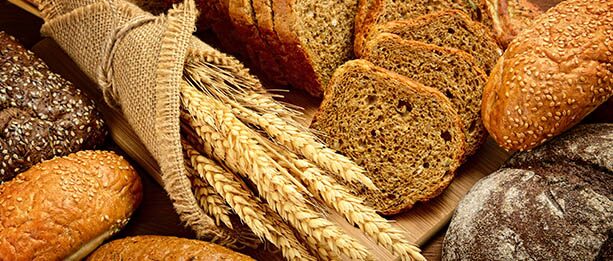
Food Packaging
On food packaging, wheat is often given other names which can make locating and avoiding it difficult. If you have a wheat intolerance, you should also try to avoid products which contain the following ingredients:
- Bulgur
- Durum
- Einkorn
- Emmer
- Enriched, white and whole wheat flour
- Farina
- Flour (all purpose, cake, enriched, graham, high protein, pastry)
- Farro
- Kamut
- Semolina
- Spelt
- Sprouted Wheat
- Wheat (bran, germ, gluten, grass, malt, starch)
- Wheatgrass

Wheat-Free Foods To Try
To ensure you maintain a balanced diet which provides you with the carbohydrates and fibres you need, you can supplement your meals with a variety of alternatives to wheat such as:
- Buckwheat
- Quinoa
- Amaranth
- Oats
- Corn
*YorkTest defines a food intolerance as a food-specific IgG reaction.

4 Simple Steps To A Better You
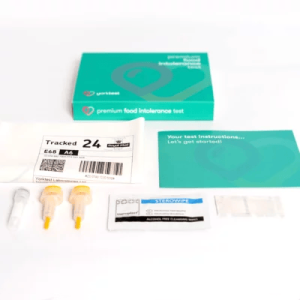
You will receive your testing kit in the post

Take a blood sample with our easy to use finger-prick test kit

Send your sample back in the prepaid envelope provided






